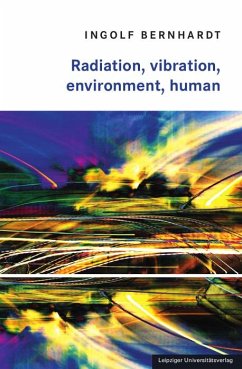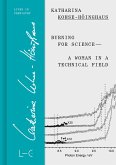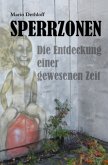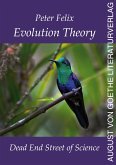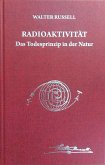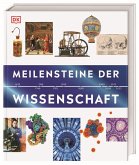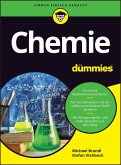Ingolf Bernhardt studied physics at the Lomonosov University in Moscow and specialised in the field of biophysics. After successfully completing his studies, he began his professional career in the Institute of Biophysics at the Humboldt University in Berlin. He defended his Ph.D. in 1981 and his D.Sc. (habilitation) in 1986. The main focus of his research was the investigation of red blood cells, in particular the ion transport across the membrane of these cells.Ingolf Bernhardt was head of the isotope laboratory in the Institute of Biophysics for several years and gave lectures in membrane biophysics as well as radiation biophysics. In 2000 he moved to Saarland University, where he was working until his retirement in 2018. In the Saarland University he was also running the Central Isotope Laboratory (Campus Saarbruecken) and, in addition, was a biophysics group leader. In 2002 he received a professorship in biophysics.The present book picks up topics of radiation research and is written in a popular science style. It considers the effect of radioactive as well as non-radioactive radiation on humans. It explains the naturally occurring as well as the man-made radiation exposure and takes into consideration the accidents in Chernobyl and Fukushima. Other topics are the radiation exposure in medicine, radon in the environment and in domestic dwellings. Furthermore, the radioactive contamination of food is discussed. One chapter is a bit to smile, it shows radioactive products, which were advertised in the past, e.g. chocolate, skin cream, toothpaste and others. Another focus is on non-radioactive, high-frequency electromagnetic fields (e.g. mobile phones) and their biological effects. Finally, the effect of sound, ultrasound and infrasound is explained.The easy and fun-to-read book fascinates all readers who want to understand the problems of radiation exposure of humans including the related aspects, which are controversially discussed these days.
Bitte wählen Sie Ihr Anliegen aus.
Rechnungen
Retourenschein anfordern
Bestellstatus
Storno

